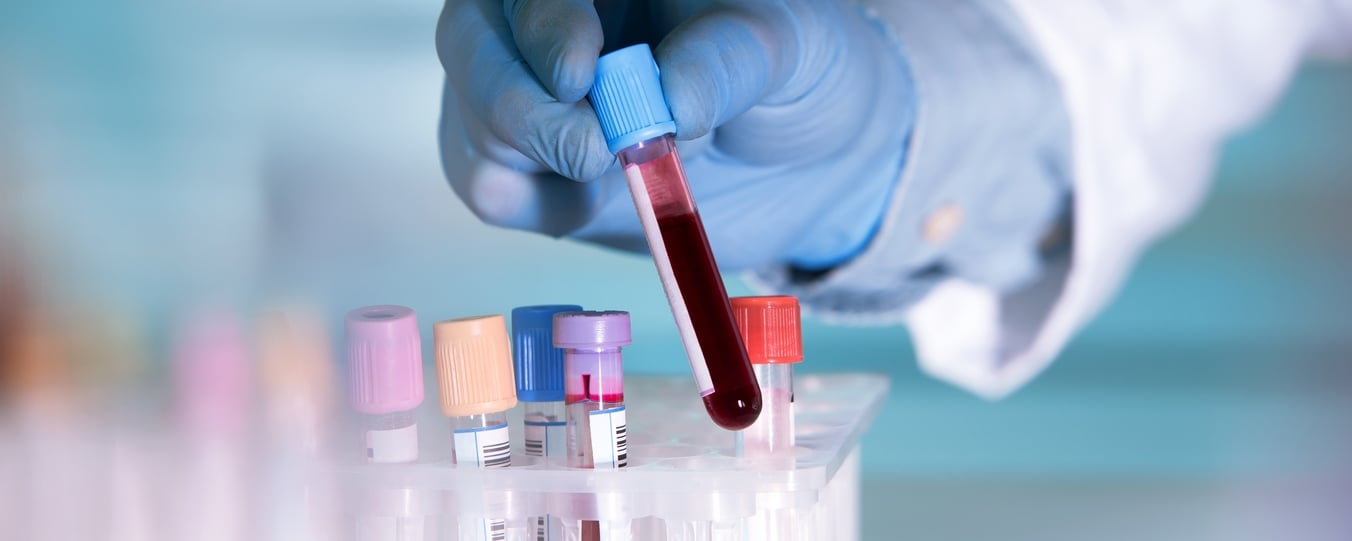Monitoring Your Lab Results
A group of blood tests are regularly taken to check certain substances in your blood. Your doctor and nurse will check the results. The doctor will talk to you about your results and any changes to your treatment that may be needed.

While there are several tests that monitor your kidney function and overall health, Kt/V and URR are key ways to monitor the effectiveness of your dialysis treatment.
-

Kt/V should be at least 1.2 or above. Kt/V stands for clearance multiplied by time divided by volume. This measure allows your doctor to understand how well waste has been removed by your dialysis treatment.
-

URR should be at least 65%. URR stands for urea reduction ratio. It is a percentage based on how much blood urea nitrogen (BUN) was removed during a dialysis treatment. It indicates how effectively urea and other waste products have been removed from your blood.
- Checking to make sure you have good vascular access.
- Increasing the blood flow rate through the dialyzer.
- Increasing the duration or frequency of dialysis. For example, if your treatments have been 3 hours in length, they may be increased to 4 hours.
Below is a basic chart of common blood tests for people receiving dialysis. Your tests may be similar. The chart shows what the tests measure, but you should ask your nurse or doctor to explain your own tests in more detail. And be sure to ask them what your lab test goals are. If you’re not meeting your goals, ask what you can do to improve your results.
| Know your labs | What does the test measure? | Dialysis treatment | Heart health | Bone health | Nutrition |
|---|---|---|---|---|---|
|
|
Kt/V stands for clearance multiplied by time divided by volume. Kt/V should be at least 1.2 or above. This measure allows your doctor to understand how well waste has been removed by your dialysis treatment. | ||||
|
|
URR should be at least 65% — URR stands for urea reduction ratio. It is a percentage based on how much blood urea nitrogen (BUN) was removed during a dialysis treatment. It indicates how effectively waste products are removed from your blood. | ||||
|
|
Hemoglobin(Hb) is an iron-rich protein found in red blood cells. A low level of Hb means you are anemic. Your doctor may review your Erythroprotein (EPO) dose, or iron levels. | ||||
|
|
Potassium plays an important role in managing your heart beat. Potassium levels which are too high or too low may have a bad effect on your heart. | ||||
|
|
Albumin gives an indication of how well-nourished you are or if you have chronic inflammation. | ||||
|
|
Phosphorus and calcium levels help your doctor to determine the right dose of phosphate binders for you. Getting the levels right may help reduce or correct renal bone disease. | ||||
|
|
|||||
|
|
High sodium levels can cause thirst, fluid gains and high blood pressure. Low sodium levels may cause cramps. |

